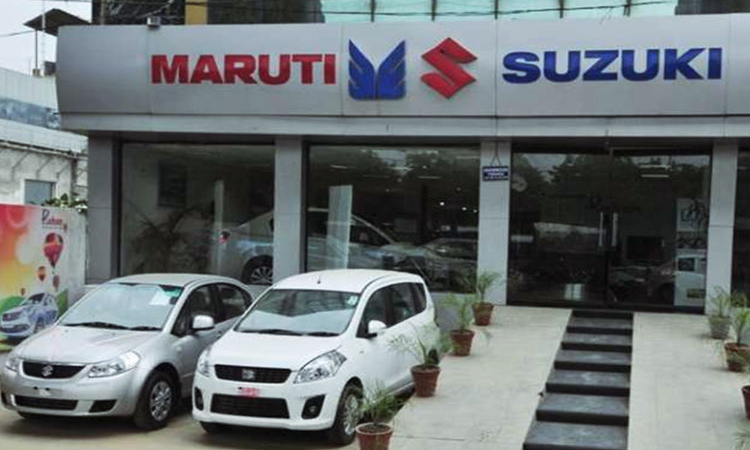The Competition Commission of India has imposed a fine of Rs 200 crore on India's largest car manufacturer Maruti Suzuki India Ltd (MSIL) for its discount control policy enforced on dealers.The CCI imposed the fine under Section 27(b) of the Competition Act 2000 and directed MSIL to "cease and desist" from following its discount control policy which penalized dealers and individuals for...

